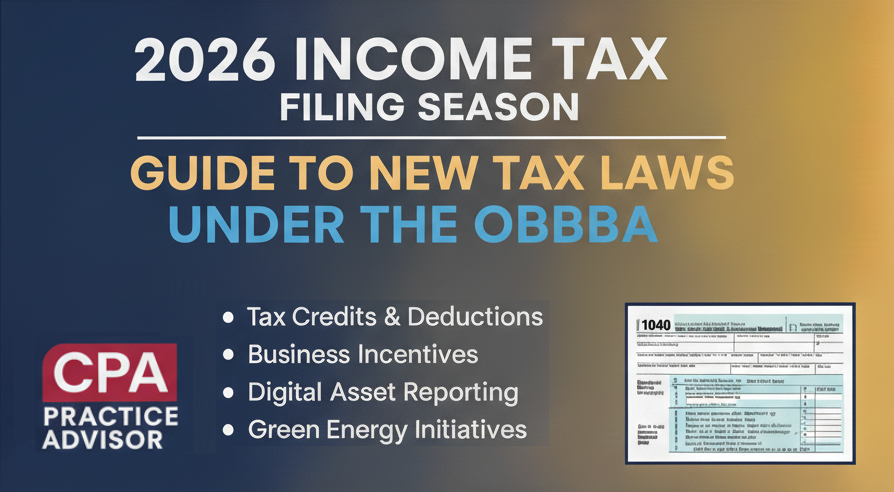U.S. taxpayers with undisclosed overseas assets have a limited time to take advantage of the OVDP before the program closes on September 28, 2018.
The Offshore Voluntary Disclosure Program (OVDP) provides an opportunity for U.S. taxpayers to come forward with previously undisclosed foreign income, accounts, or assets with certainty that they will not face criminal prosecution. Since the program’s inception in 2009, over 56,000 US taxpayers have paid over $11.1 billion in back taxes, interest, and penalties through the OVDP, but the number of participants has steadily declined over the past few years – from 18,000 in 2011 down to only 600 in 2017.
The IRS recently announced that it is terminating the program on September 28, 2018.
“The government is taking the OVDP off the table,” says attorney Steve Moskowitz, “but that doesn’t mean that the government is going to forget about undisclosed foreign assets. What’s left when the OVDP is gone? Prosecution.” The Moskowitz firm specializes in helping domestic and international clients with tax issues.
Moskowitz notes that the Justice Department has received a large budget increase of both money and attorneys specifically to enforce compliance with tax law and bank secrecy act laws, including foreign income and assets. “They are gearing up to prosecute people who keep their foreign accounts hidden,” he says, “the announcement of the end of the OVDP is basically the government saying that this is your last chance to come in, and if you don’t, they have a whole team at the Justice Department ready to go after you.”
The IRS is known to be very aggressive in its pursuit of offshore accounts. It has also been very good over the years at publicizing both the requirement to report income and foreign assets and the availability of the OVDP. Many tax experts agree that it will be difficult at this point for taxpayers to argue that their failure to comply with reporting obligations was unintentional.
For willful violations, the FBAR penalty is the greater of $129,210 (adjusted for inflation) or 50 percent of the high balance in the account(s) at the time of the violation. For each year that an FBAR is not filed, the penalty may be assessed again, for up to six years. This is the case even if no taxes were due on those accounts.
Criminal penalties for FBAR noncompliance include fines of up to $500,000 and up to 10 years in prison. However, these punishments can be adjusted up or down depending on a variety of circumstances.
Thanks for reading CPA Practice Advisor!
Subscribe Already registered? Log In
Need more information? Read the FAQs




